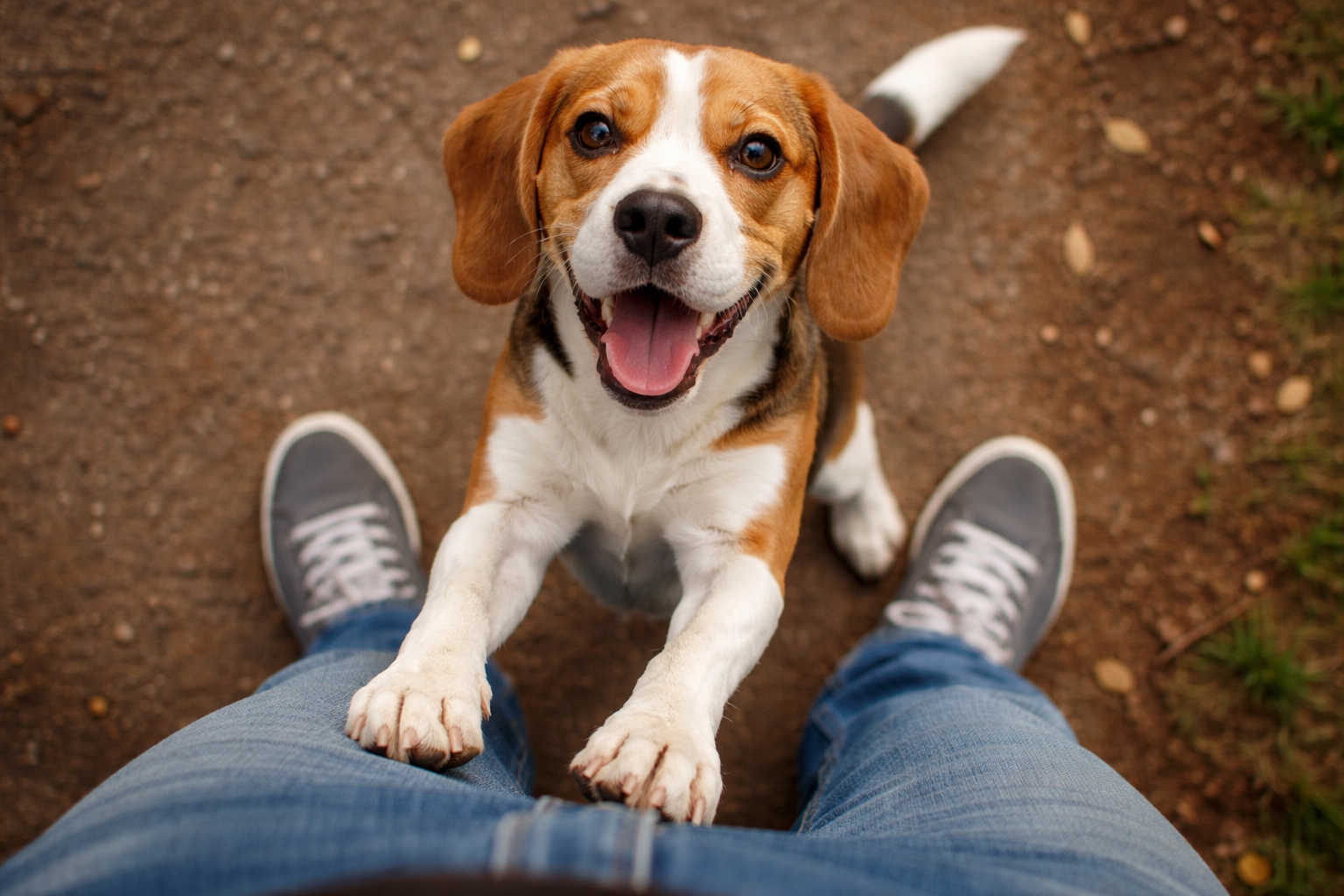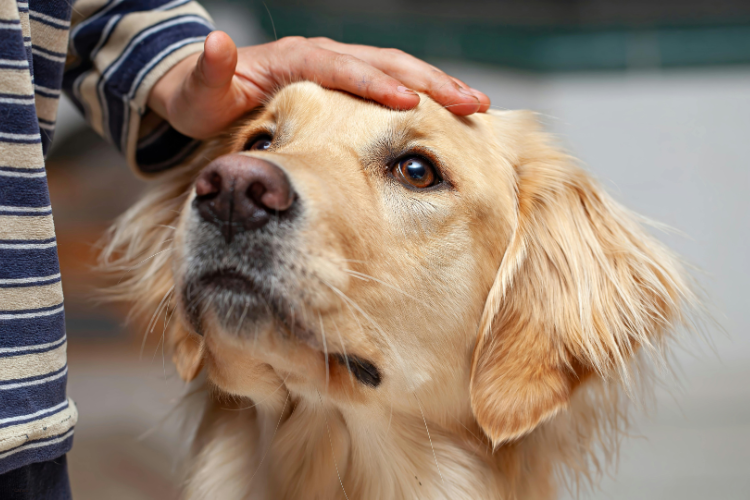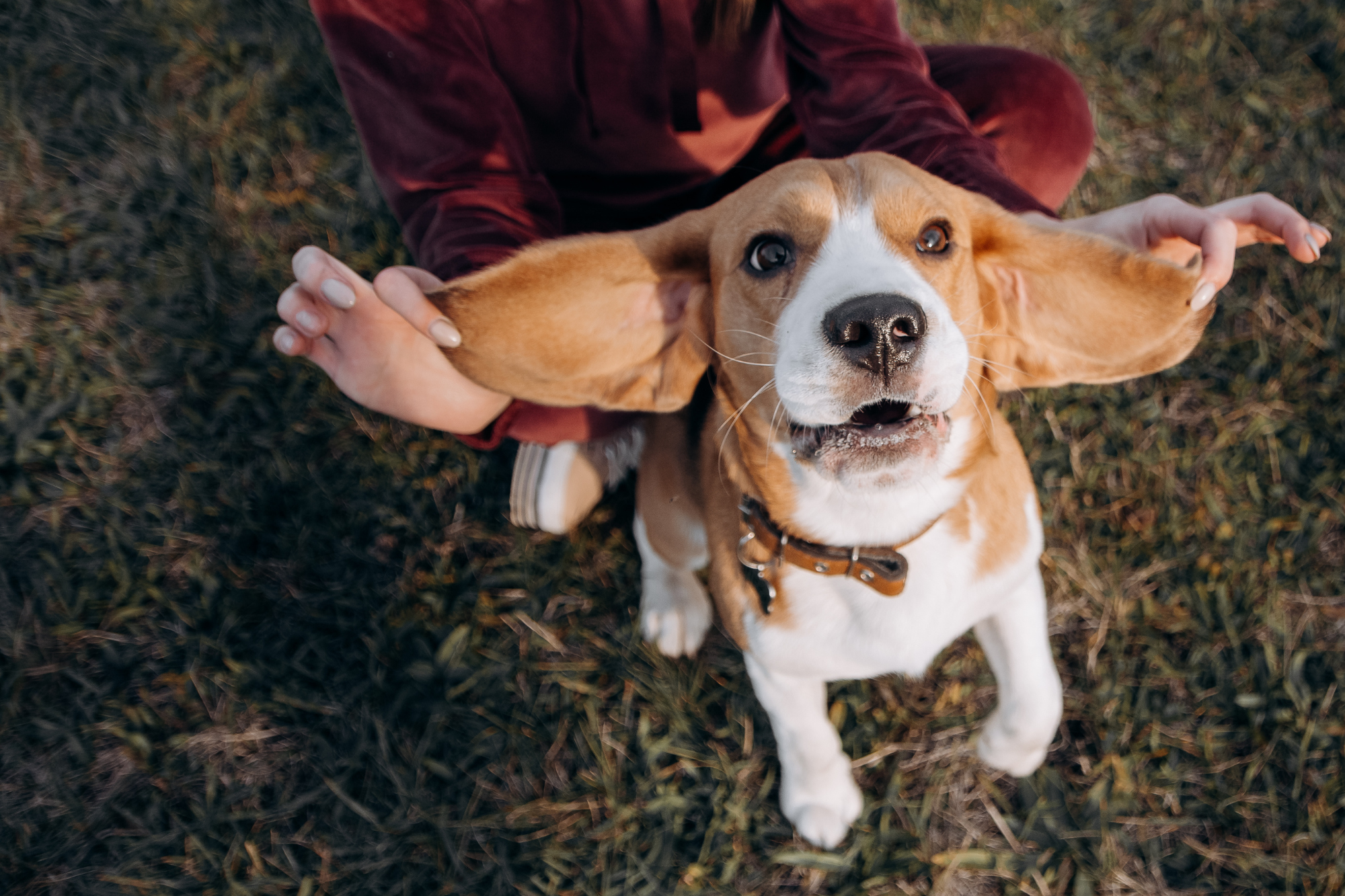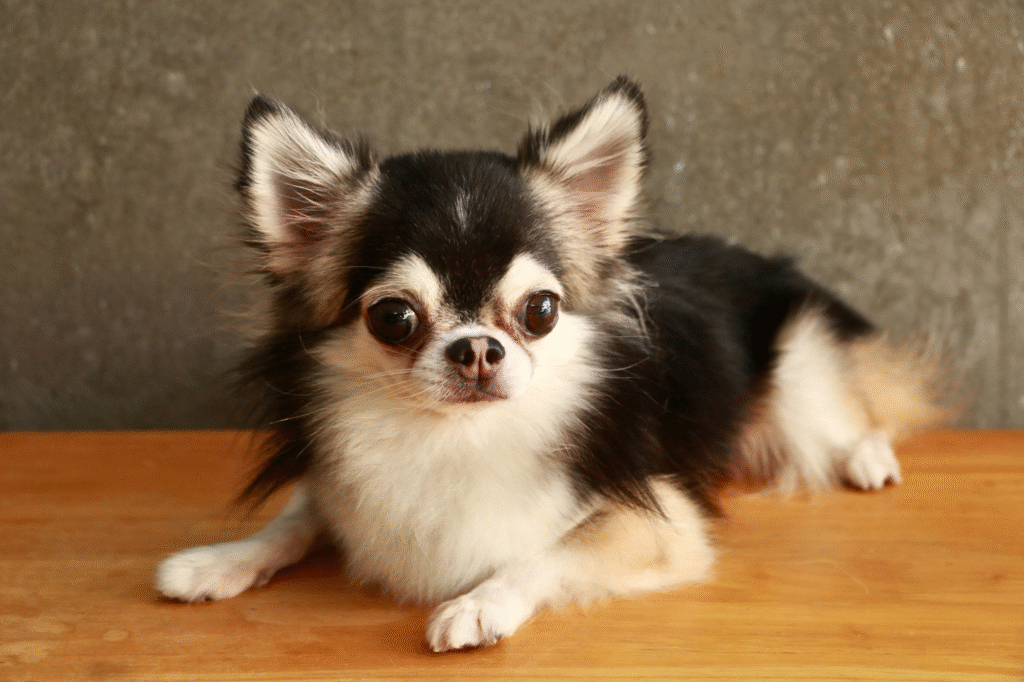Some dogs greet everyone warmly while others stay distant.

Dogs are not all wired the same when it comes to strangers. Some fling themselves into the arms of anyone willing to pet them, while others hold back, preferring to keep their trust for family alone. That split is part of what makes each breed unique. It comes from history, breeding, and purpose, shaping how they see people outside their circle. Knowing which dogs will roll out the welcome mat and which will keep it rolled up can save families from surprises later.
1. Labrador Retrievers greet new people like lifelong companions.

The Labrador’s charm is legendary. They wag first, ask questions later, and treat guests like they belong at the dinner table. The American Kennel Club describes them as one of the most sociable breeds, with a history of working closely alongside people as fishing and hunting partners. That background encouraged friendliness toward any human, not just their owner, as stated by the AKC. Families with Labs often laugh about delivery drivers becoming their dog’s favorite visitor. Suspicion is simply not in their vocabulary, making them warm but far from watchful.
2. Golden Retrievers extend trust before you earn it.

Goldens rarely hesitate to lean into a stranger’s touch, and that behavior is exactly why they’re trusted as therapy dogs in hospitals and schools. Generations of careful breeding favored gentleness, calm, and adaptability over suspicion, reported by the American Kennel Club. What looks like blind trust is really a genetic imprint designed for companionship. Strangers often experience the soft weight of a Golden’s head resting on their lap within minutes of meeting them. Families love it, but it also means Goldens are more likely to roll out the red carpet than raise any alarms.
3. Beagles let curiosity carry them straight into new laps.

When a Beagle encounters someone unfamiliar, it is less about caution and more about discovery. Their history as pack hunters required easy cooperation and high sociability. That meant humans of all kinds became part of their trusted circle, as discovered by the American Kennel Club. Today, that trait surfaces in their eager sniffing and instant tail wags around strangers. Owners often joke that a Beagle would willingly leave with anyone holding a treat. Their friendliness is deeply tied to curiosity, a drive that makes them playful companions but questionable watchdogs.
4. Boxers swap suspicion for playful leaps at visitors.

The moment someone new walks in, Boxers often bounce around like children who cannot contain their energy. They can be protective when truly needed, yet their first instinct tends toward playful greetings. It is that surprising shift—from muscular guardian look to affectionate clown—that wins strangers over almost immediately. Visitors expecting a distant dog quickly find themselves pulled into a game of chase or showered with affection. This openness can overwhelm, but it also explains why Boxers often blur the line between family loyalty and stranger adoration without hesitation.
5. Cavaliers fall into laps of strangers without hesitation.

Cavalier King Charles Spaniels seem built for affection. Their expressive eyes and gentle natures make them natural charmers, even with people they barely know. Guests entering a home often find themselves with a Cavalier curled into their side before coats are off. That comfort with strangers connects back to their royal history as lapdogs in noble households, where friendliness was prized. In modern times, it means they rarely distinguish between family and outsider. For Cavaliers, affection is limitless, and strangers are simply new sources of warmth and attention.
6. German Shepherds rarely extend trust beyond their circle.

Unlike Cavaliers, German Shepherds often keep strangers at arm’s length. Their breeding as working and guarding dogs emphasized loyalty, focus, and caution over friendliness. Families prize them for their protective instincts, but that strength can translate into aloofness toward outsiders. A Shepherd may watch every move a new person makes, evaluating quietly without rushing to greet. Once their trust is earned, it is lasting, but strangers rarely get the benefit of the doubt. That guardedness is exactly why they serve in police and military roles with such precision.
7. Chihuahuas tend to push strangers away quickly.

For such small dogs, Chihuahuas carry surprisingly strong opinions about unfamiliar people. Many remain deeply attached to one or two family members while shunning outsiders. Their loyalty runs so deep that even a kind stranger might be met with suspicion or barking. Owners frequently note how their Chihuahua burrows close to them when visitors arrive, clearly signaling where their loyalty lies. This wariness makes them excellent companions for those wanting a dog that bonds tightly and selectively, but it also means they are unlikely to hand out affection to strangers freely.
8. Akitas keep their distance from unfamiliar people.

Akitas were bred in Japan as guardians and hunting dogs, and that history shows in how they view outsiders. Their demeanor is calm, but it carries an unmistakable edge of reserve. Strangers may feel watched rather than welcomed, as if the Akita is weighing their presence carefully. That reserve is not hostility so much as instinct, a reflection of their loyalty to family above all else. Owners who love Akitas value this loyalty, but they also know it means guests must earn every ounce of affection over time.
9. Basenjis hold back rather than rush into greetings.

Known as one of the more independent breeds, Basenjis often appear standoffish when new people enter their space. Their aloofness is not aggression, but it does make them selective in their relationships. Instead of bounding toward visitors, a Basenji may observe from across the room, analyzing quietly before choosing whether to engage. Owners come to admire this independence, but strangers may misinterpret it as disinterest. That distance is part of the Basenji’s character, a reminder that not all breeds crave human connection in the same way.
10. Shar Peis protect their loyalty by withholding affection.

Shar Peis are unmistakable with their wrinkled faces, but behind that appearance lies a temperament built on caution. They form deep, unshakable bonds with family yet typically reject strangers outright. Their suspicion stems from their heritage as guard dogs in China, where loyalty was everything. Visitors often find a Shar Pei standing firm, uninterested in quick introductions. Owners respect this behavior, knowing their dog’s loyalty is unwavering. For Shar Peis, affection is earned slowly, and strangers must prove themselves worthy of stepping into that circle of trust.
